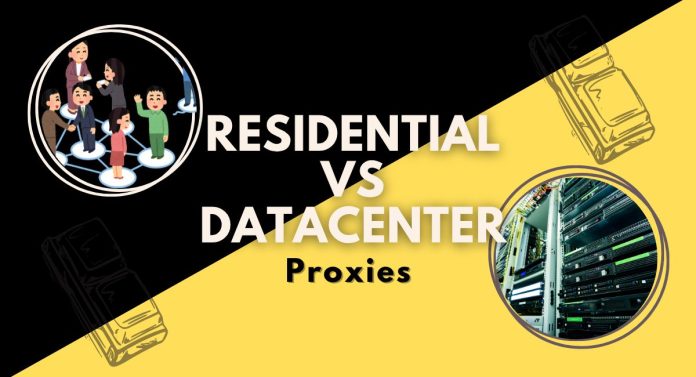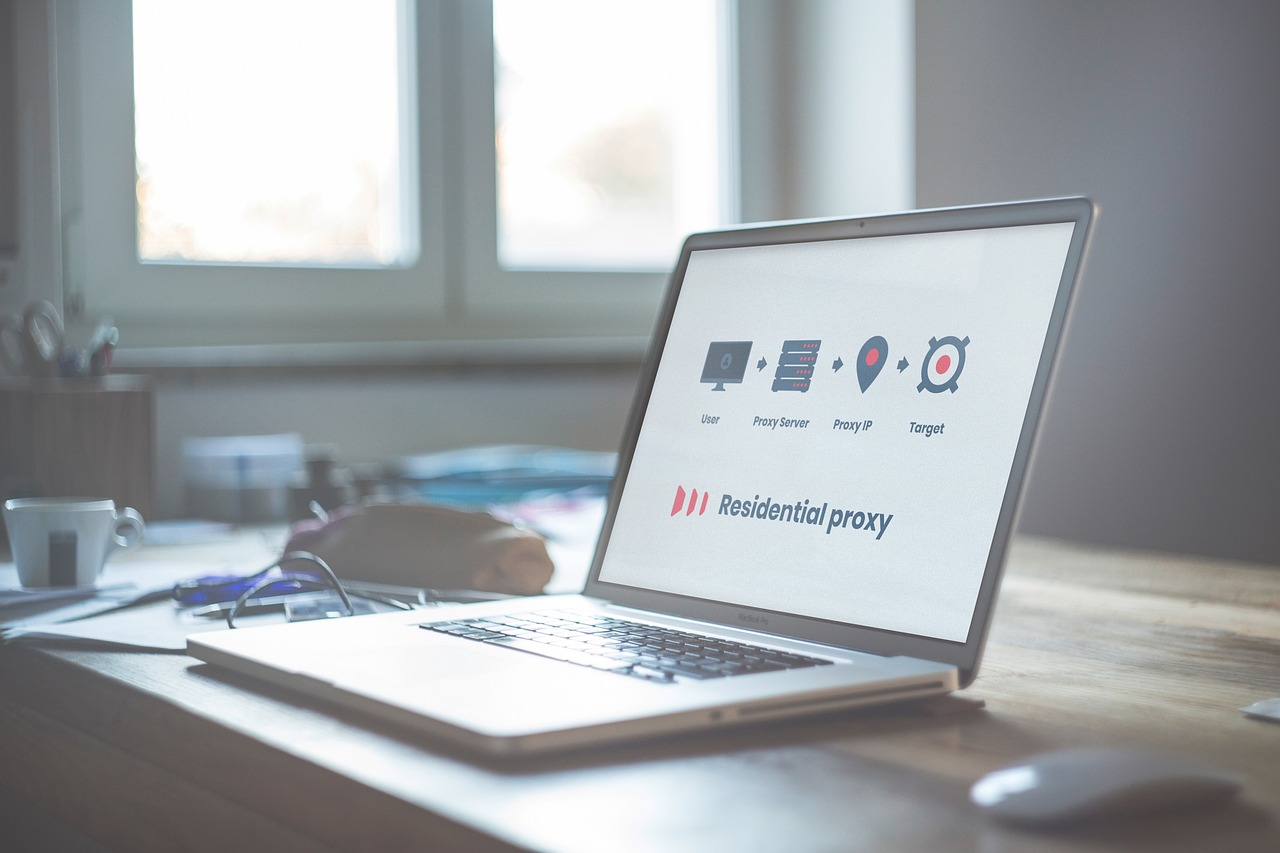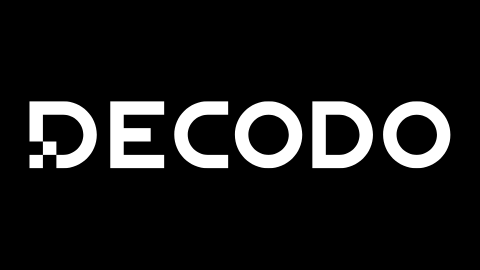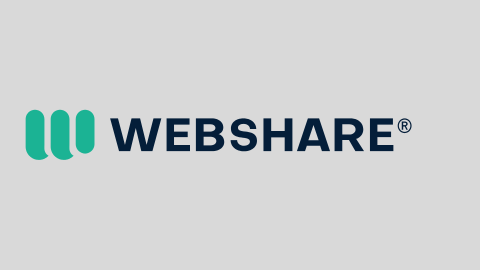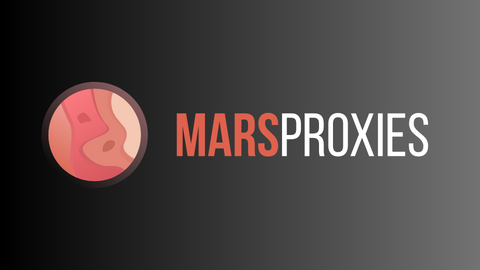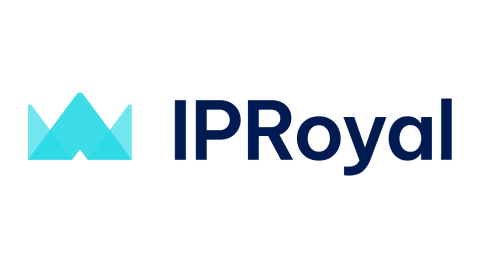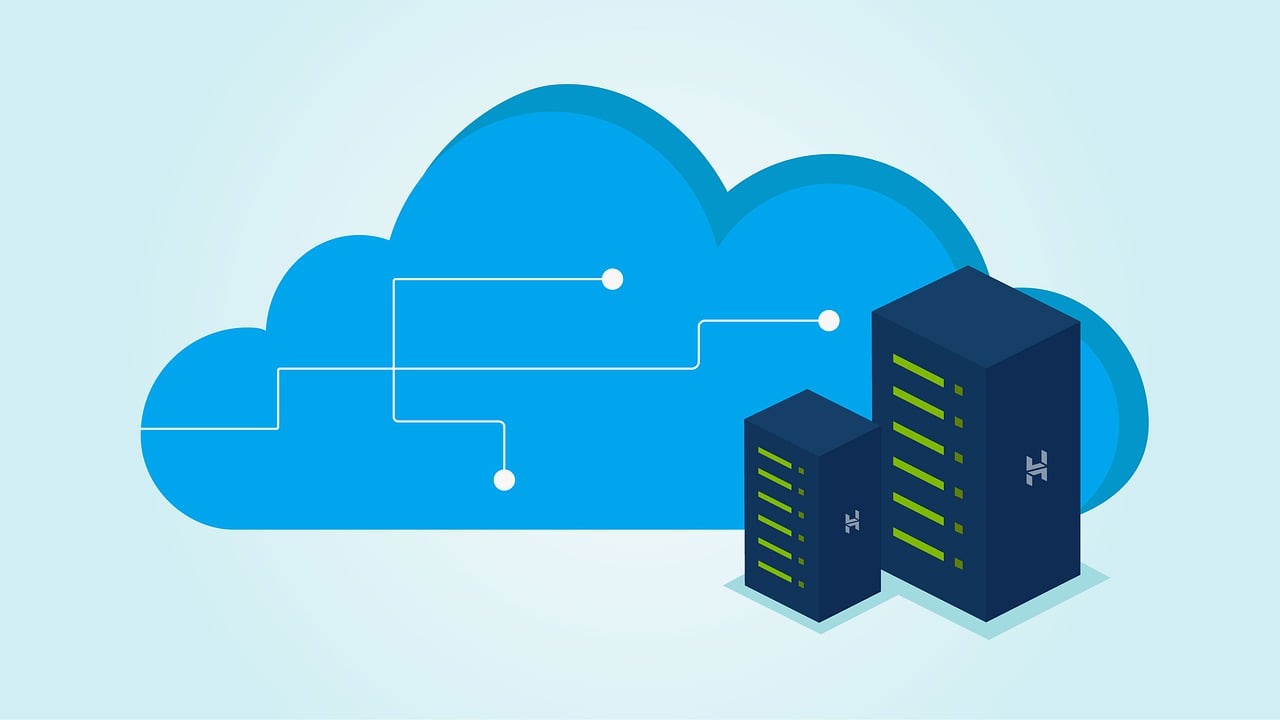Understand the key differences between residential and datacenter proxies. Learn how each works, their pros, cons, use cases, and which proxies to use in 2025.
In today’s data-driven digital economy, proxy servers have become indispensable for privacy, automation, web scraping, and market intelligence. Whether you’re monitoring competitors, verifying ads, or running bots safely, the right proxy type determines your efficiency and anonymity.
Two giants dominate the proxy ecosystem — Residential Proxies and Datacenter Proxies.
They sound similar, but their performance, anonymity level, and use cases differ sharply.
This comprehensive guide breaks down the differences, benefits, and drawbacks of both — and helps you decide which one fits your workflow in 2025.
Table of Contents
🧭 What Are Proxies — The Foundation
A proxy server acts as a middleman between your device and the internet. Instead of connecting to a website directly, you connect through a proxy that hides your real IP address.
When configured correctly, it:
- Masks your identity
- Circumvents geo-restrictions
- Distributes traffic for large-scale operations
- Prevents IP bans
Think of proxies as digital disguises — and the disguise you choose determines how authentic or fast your browsing appears.
🏠 What Are Residential Proxies?
Residential proxies are IP addresses assigned by Internet Service Providers (ISPs) to real homeowners.
That means every residential proxy corresponds to a real physical device connected to the internet through a legitimate home network.
🔍 Key Features:
- IPs are verified by ISPs (e.g., AT&T, Comcast, MTN, etc.)
- High anonymity — looks exactly like a human user
- Slower but more reliable for bypassing detection
- Ideal for large-scale, long-term operations
⚙️ How They Work:
When you connect via a residential proxy:
- Your request routes through a real residential device.
- Websites see a normal “home user” IP.
- You get zero suspicion or blocks — even on strict platforms like Amazon or Nike.
💡 Example Use:
A sneaker bot connects through hundreds of residential IPs to appear as different home users, avoiding bans from shoe retailers.
🏢 What Are Datacenter Proxies?
Datacenter proxies, on the other hand, are created by data centers or cloud hosting companies — not ISPs.
They offer high-speed, mass-scale proxy networks, ideal for fast scraping or automation tasks.
🔍 Key Features:
- IPs belong to servers, not homes
- Extremely fast connection speeds
- Cheaper and easy to scale
- Easier to detect by advanced websites
⚙️ How They Work:
When using datacenter proxies:
- Your traffic passes through a virtual server (like AWS, Google Cloud, or Hostinger’s data farms).
- The target website receives a server IP — not a home IP.
- It’s faster but more detectable for sensitive sites.
Best Proxy Services Provider: Decodo
💡 Example Use:
A data analyst scrapes millions of product prices from open e-commerce APIs — speed matters more than disguise.
⚔️ Residential vs Datacenter: Detailed Comparison
| Feature | Residential Proxy | Datacenter Proxy |
|---|---|---|
| Source | ISP-assigned IPs | Data center servers |
| Speed | Moderate | Lightning-fast |
| Anonymity | Extremely high | Moderate |
| Detection Risk | Very low | Higher on sensitive sites |
| Price | More expensive | More affordable |
| Scalability | Medium | Very high |
| Best For | Scraping protected sites, social media, e-commerce | SEO, research, automation |
| Example Providers | Decodo Residential Cloud | Decodo Datacenter Network |
🚀 Use Case Scenarios — Which Should You Choose?
Let’s explore real-world use cases where each proxy type excels.
🛍️ 1. E-Commerce Scraping
- Residential Proxies: Ideal. They mimic genuine shoppers, perfect for Amazon, Walmart, and AliExpress.
- Datacenter Proxies: Risk of bans if scraping high-volume product pages too fast.
✅ Winner: Residential Proxies
💎 Tip:
Rotating residential proxies auto-shift IPs between regions, keeping your scraping safe and untraceable.
💬 2. Social Media Management
- Residential: Best for managing multiple Instagram, TikTok, or Facebook accounts.
- Datacenter: May trigger bans due to repeated IP patterns.
✅ Winner: Residential
💡 Tip: Use city-level targeting to post content regionally and track engagement by geography.
📊 3. SEO Monitoring and Rank Tracking
- Residential: Overkill for SEO — not cost-efficient.
- Datacenter: Ideal for keyword ranking, backlink tracking, and Google SERP scraping.
✅ Winner: Datacenter
💎 Suggestion: Combine Datacenter Proxies with scraping tools like Scrapy or Apify for high-volume keyword audits.
🎮 4. Gaming or Ticket Bots
- Residential: Safer for login and signup automation.
- Datacenter: Perfect for volume-heavy gaming analytics or event data scraping.
✅ Hybrid Winner: Use both.
Residential for logins, Datacenter for high-volume tasks.
🕵️ 5. Ad Verification & Anti-Fraud
- Residential: Detect real-world ad placements from user viewpoints.
- Datacenter: Fast but flagged easily for fraud verification.
✅ Winner: Residential
💎 Integration:
Ad agencies use Residential Pools to verify ads across 100+ countries in real-time.
🧰 Performance Comparison — Speed, Stability, and Reliability
| Metric | Residential | Datacenter |
|---|---|---|
| Latency | 200–400 ms | 30–80 ms |
| Uptime | 95%–99% | 99.9% |
| Rotation Options | Automatic or sticky | Instant rotation |
| Bandwidth | Metered (per GB) | Unlimited or high caps |
| IP Pool Size | 10M–50M+ | 100K–1M+ |
Takeaway:
If speed is everything → Datacenter wins.
If stealth and trustworthiness matter → Residential wins.
💎 Pro Tip:
Most professionals combine both proxy types via hybrid systems like Unified Proxy Dashboard, allowing them to switch dynamically based on the target website’s sensitivity.
🌍 Pricing Breakdown: Residential vs Datacenter
| Plan Type | Avg. Monthly Cost | Ideal Users |
|---|---|---|
| Residential Proxy | $50–$300/month (per GB or pool) | Researchers, marketers, brand protectors |
| Datacenter Proxy | $10–$100/month (per IP) | Developers, SEO experts, data miners |
💡 Note:
Using Decodo’s unified plan gives dual-access (residential + datacenter) under one affordable subscription — saving up to 40% monthly compared to standalone plans.
🔄 Rotating Proxies: The Hybrid Power Move
What if you could combine the anonymity of residential with the speed of datacenter?
That’s where rotating proxies come in.
Rotating proxies automatically change IPs at intervals or per request — giving you:
- Untraceable identity
- Non-stop data collection
- Global IP coverage
Decodo’s Smart Rotation Engine detects website sensitivity and adjusts your proxy type on-the-fly — ideal for hybrid operations.
🧩 Key Technical Considerations Before Choosing
When picking your proxy provider or type, assess:
- Target websites’ security strictness
- Data volume per day
- Speed vs anonymity balance
- Budget flexibility
- Geographic coverage
For example:
- Ad agencies → prefer residential (authentic IPs)
- SEO firms → prefer datacenter
- E-commerce scrapers → prefer rotating hybrid setups
🏆 Best Proxy Service Providers in 2025
Choosing the right proxy provider can make or break your entire operation.
Here’s a curated list of the top 7 proxy services trusted by professionals — ranked by performance, scalability, and cost-effectiveness.
🥇 1. Decodo — Best Overall Hybrid Proxy Platform
Overview:
Decodo leads 2025’s proxy ecosystem with a unified platform combining residential, datacenter, and rotating proxies under one smart control dashboard.
Key Highlights:
- 115M+ Residential IPs across 190+ countries
- 500K+ Datacenter IPs (ultra-low latency)
- Smart rotation engine with AI detection
- Custom API access and integration for developers
- Affordable pricing for all proxy types
Ideal For: Scraping, social media management, e-commerce monitoring, and enterprise-scale automation.
🥈 2. Oxylabs — Premium Data Intelligence Proxy Network
Overview:
Oxylabs remains a powerhouse for large corporations needing big data access and advanced API control.
Features:
- 175M+ residential IPs
- 2M+ datacenter IPs
- Excellent API documentation and support
- Ethical proxy sourcing
Best For: Enterprise-level users who prioritize compliance and scale over cost.
🥉 3. Webshare — Affordable Proxies for Everyday Users
Overview:
Webshare offers budget-friendly plans ideal for startups, small developers, and SEO professionals.
Features:
- 500K+ datacenter IPs
- 80M+ global IPs from 195 countries
- Rotating and dedicated IP options
- Free plan with limited bandwidth
- API integrations for fast setup
Best For: Freelancers, SEO teams, and light scrapers.
🌕 4. Mars Proxies — Sneaker & Ticketing Specialist
Overview:
Mars Proxies dominates the sneaker and ticketing market with low-latency residential and ISP proxies.
Highlights:
- Sneaker-optimized IP pools
- Dedicated proxy dashboard
- 99.9% uptime for real-time drops
Best For: Sneaker resellers, sports ticketing, and NFT minting.
🌍 5. IPRoyal — Reliable Proxies for SMEs
Overview:
IPRoyal offers affordable residential and mobile proxies with great customer support and flexible billing.
Features:
- 32M+ IP addresses in 195 countries
- Pay-as-you-go model
- Static or rotating IPs
- Supports SOCKS5 & HTTPS
Best For: Small to mid-size businesses needing flexible plans.
⚙️ 6. Bright Data (formerly Luminati)
Overview:
One of the oldest and most comprehensive proxy networks on the planet.
However, its pricing is premium-tier.
Features:
- 72M+ residential IPs
- Enterprise-level monitoring tools
- Excellent for academic or commercial data research
Best For: Large enterprises with generous budgets.
📚 Best Practices for Using Proxies (Safely & Legally)
- Avoid scraping personal data without consent.
- Respect robots.txt and website TOS.
- Rotate IPs responsibly to avoid blacklisting.
- Monitor proxy health regularly using Decodo’s real-time analytics dashboard.
- Secure your credentials with strong authentication and HTTPS connections.
Ethical and sustainable proxy use ensures your tools never get banned — and your data remains safe.
🧠 Case Study: Scaling a Market Intelligence Bot with Decodo
A digital agency in Europe needed to track over 5 million product listings across e-commerce websites weekly.
Problem:
Datacenter proxies got them banned within days.
Solution:
They switched to Decodo
Result:
- 99.7% success rate
- 2.5× faster scraping speed
- 0 bans across 50+ e-commerce platforms
💎 Lesson: A balanced proxy approach ensures resilience and long-term scalability.
🏁 Conclusion
Choosing between Residential and Datacenter proxies depends on your mission:
- Need authentic user-level access → Go Residential
- Need blazing speed for automation → Go Datacenter
In 2025, the proxy landscape is about intelligence and flexibility.
Platforms like Decodo, Oxylabs, and Webshare lead this evolution by offering seamless, affordable, and dynamic switching between proxy types.
💬 FAQs About Residential and Datacenter Proxies
❓1. Are residential proxies better than datacenter proxies?
Not always — it depends on your use case.
- Residential proxies offer superior anonymity and are best for protected sites or platforms with strict anti-bot systems (like Amazon, Instagram, and Google).
- Datacenter proxies are faster and cheaper, making them ideal for SEO, automation, and general data scraping.
💡 Pro Tip: Many professionals use a hybrid mix, which intelligently switches between residential and datacenter pools depending on the target site.
❓2. Why are residential proxies more expensive?
Residential proxies originate from real, ISP-assigned IPs, which are limited and require permission from the network owners. Their scarcity, reliability, and human-like traffic make them more costly — but also far harder to detect or ban.
❓3. Can I use datacenter proxies for social media?
You can, but it’s a risky move. Social platforms like Facebook, Instagram, and TikTok can easily flag data center IPs as automated attempts.
For managing multiple social accounts, stick to residential proxies that mimic human behavior.
❓4. Which proxies are best for sneaker bots and ticketing?
Residential proxies perform best here since sites like Nike, Adidas, and Ticketmaster deploy aggressive anti-bot measures. If you want faster checkout speeds without bans, Mars Proxies are top-tier options in 2025.
❓5. What’s the difference between static and rotating proxies?
- Static proxies keep the same IP for the entire session.
- Rotating proxies change IPs automatically after each request or at fixed intervals.
Most modern providers (including Decodo, Oxylabs, and Webshare) offer both, depending on your project needs.
❓6. Are proxies legal to use?
Yes — proxies are legal for ethical and compliant activities, such as data analytics, ad verification, and research. However, using proxies to scrape personal data or commit fraud is illegal. Always follow ethical usage guidelines and site terms of service.
❓7. How many proxies do I need for web scraping?
It depends on scale and site sensitivity:
- Small projects: 5–10 proxies
- Medium scraping: 50–100 proxies
- Enterprise-scale scraping: 1,000+ rotating IPs
If you use proxy services, you can obtain dynamic IP allocation without manually purchasing additional blocks.
❓8. Which proxy type is best for beginners?
Start with datacenter proxies — they’re cheaper and faster to configure.
As you scale into advanced scraping, consider upgrading to residential or rotating proxies for enhanced safety and stability.
INTERESTING POSTS
- 4 Differences Between Residential Proxies and Datacenter Proxies
- The Best Datacenter Proxies
- Buy Proxy: The Ultimate Guide To Choosing The Best Proxy Service in 2025
- Best Residential Proxies In 2025: A Comprehensive Guide
- The Best Proxy Services for Legitimate Business Purposes
- How to Set Up an MCP Server (2025 Guide)
- How to Train a GPT Model — Methods, Tools, and Practical Steps
- What Are Rotating Proxies? Types, Benefits & Use Cases (2025 Guide)
- Proxy for Scraping Amazon: The Ultimate Guide (2025 Edition)
About the Author:
Meet Angela Daniel, an esteemed cybersecurity expert and the Associate Editor at SecureBlitz. With a profound understanding of the digital security landscape, Angela is dedicated to sharing her wealth of knowledge with readers. Her insightful articles delve into the intricacies of cybersecurity, offering a beacon of understanding in the ever-evolving realm of online safety.
Angela's expertise is grounded in a passion for staying at the forefront of emerging threats and protective measures. Her commitment to empowering individuals and organizations with the tools and insights to safeguard their digital presence is unwavering.


